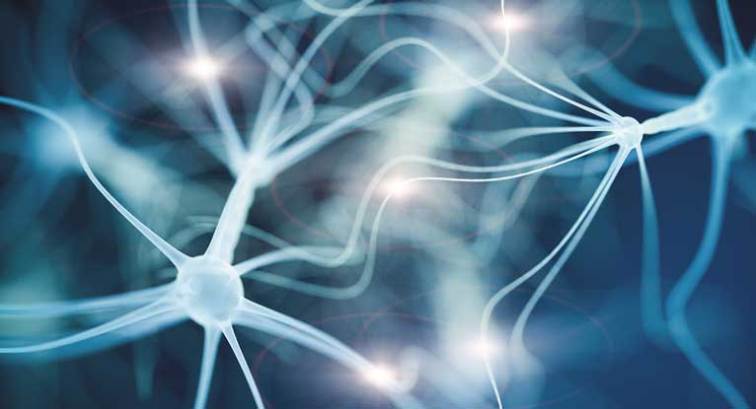Rhythmic stimulation to the median nerve (MNS) at the wrist was associated with reduced symptoms hallmark of Tourette syndrome, a new study finds. The results appeared in the journal Current Biology.
In the new findings, 19 participants were examined for 1-minute periods after being administered repetitive pulses of the MNS to the right wrist, followed by 1-minute periods with no stimulation whatsoever.
According to the research team at the University of Nottingham, the repetitive rhythmic pulses of the MNS considerably reduced tics and the urge-to-tic, with the most improvements occurring among those with the highest severity of symptoms.
The findings provide researchers a new route to explore for the potential development of a new treatment for Tourette syndrome using that type of stimulation.
“The results of this study were quite remarkable, especially in those people with the most severe tics and showed that this type of stimulation has real potential as a treatment aid for Tourette’s,” said Barbara Maiquez, co-author of the study.
“Our aim is to develop a wearable ‘watch-like’ MNS stimulator that looks like an Apple watch or Fitbit and can be used by the individual outside of the clinic as and when they need to control their tics.”


